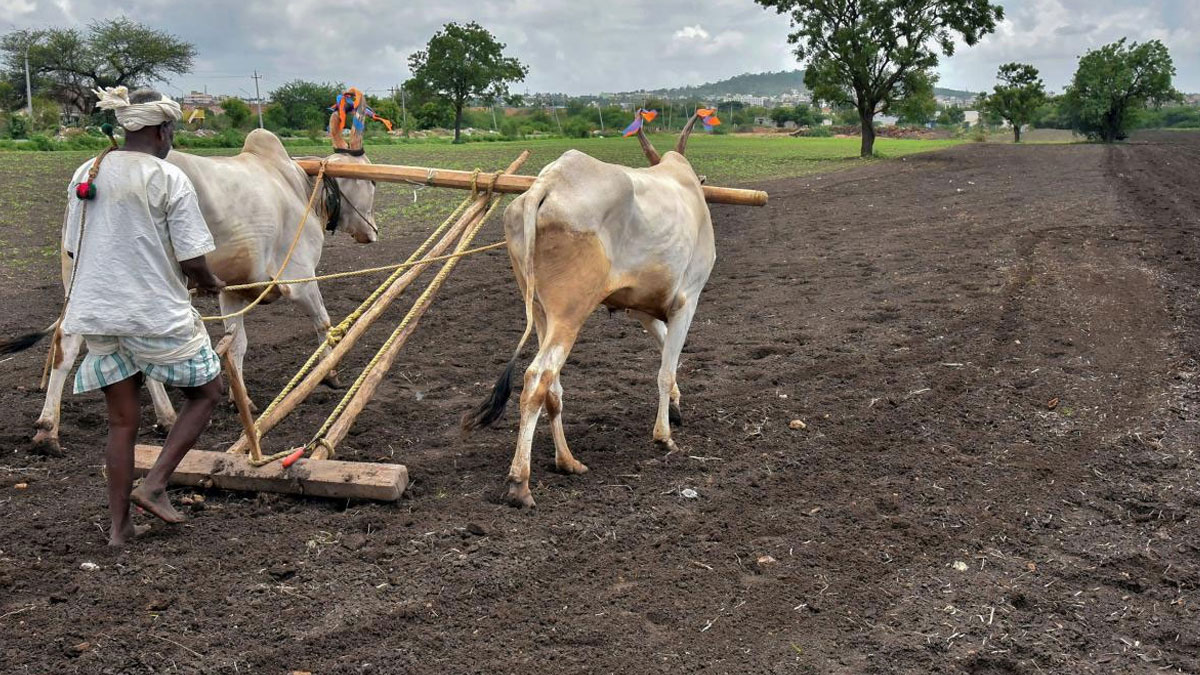Thousands of farmers, particularly from Punjab and Haryana, have gheraoed Delhi for the last one week. They are holding sit-ins at borders to press the Centre to fulfill their demand of making the Minimum Support Price (MSP) a legal provision in the new farm laws. There have been two arguments about the laws – while the government is claiming that it will benefit the farmers in monetary terms by removing the middlemen, the farmers have a contrary view. Punjab and Haryana farmers are opposing the laws, terming them against their interest as it will dismantle the MSP structure and thus putting the community at risk. Besides, they believe that the laws will give power to corporates over their lands. Farmer unions are also quoting Bihar’s example where the Agricultural Produce Market Committee (APMC) system was done away with in 2006 to allow the farmers to sell produces outside designated mandis in the state. There have been different arguments whether this benefited the farmers of one of the country's poorest and most backward states. Going by the data, this experiment didn't transform the lives of the farmers but ensured better prices. The state also failed to attract private investment even after 15 years of the abolition of APMC mandis, thanks to the poor governance model which is in place for the last nearly four decades. So, it is an important lesson and unfair for the farmer unions and others to compare Bihar's scenario with that of Punjab and Haryana. The new Central laws also seek to provide for trading areas outside the mandis and this has been a source of anger among Punjab and Haryana farmers. The basic argument put forth by the government is that mandis of an Agricultural Produce Marketing Committee impose charges which ultimately reduce the price realization of farmers. The government wants to check this commission which is charged by intermediaries. But the farmers are not ready to buy the government’s arguments.
MSP a novel idea, but govt reluctant
The government too is reluctant on taking back the three laws and also not adding the MSP. The idea behind MSP is novel, and there is no doubt about it. But the new laws omit the mentioning of the MSP although the government, including Prime Minister Narendra Modi himself has assured on multiple occasions that the old structure will not be replaced by the new laws, instead, it will create more opportunities for farmers to sell their items at a good price. In the current system, MSPs are announced at the beginning of each sowing season by the Centre. The Cabinet Committee of Economic Affairs decides the MSPs based on the recommendations of the Commission for Agricultural Costs and Prices (CACP). The concept is only to ensure farmers get the right price for their products and no one can bargain with them. Besides, it also protects them from price fluctuations and imperfections in the market. But the new laws have no mention of the MSP. It is fair to say that it is wheat and rice where MSP has any meaning and that too it is limited to five-six states. The present case is clearly a result of the misinformation campaign launched by the anti-Modi brigade.
The fear about the mandi system collapsing and farmers losing their money, nothing of the sort is written in the new farm laws -- the Farmers Produce Trade and Commerce (Promotion and Facilitation) Bill, 2020; the Farmers (Empowerment and Protection) Agreement on Price Assurance and Farm Services Bill, 2020; and the Essential Commodities (Amendment) Bill. Had the government established communication with the farm unions and the farmers through the established set of channels, the situation would have been well averted.
Interestingly, the farmers from other states like Maharashtra, Madhya Pradesh, Uttar Pradesh, Bihar are not protesting despite fuelling by the opposition leaders. Barring cereals, farmers face the market where the prices fluctuate. Surely, things need to be stabilized to ensure prices don’t go down when there is an excess supply. About rice and wheat, the Food Corporation of India through various agencies procure almost 90% of the produces in Punjab and Haryana. If the FCI or a private party decides to procure paddy from a farmer outside the mandi, it is the middleman who will be at loss. So can MSP be made legal even for the private sector in the new laws? Well, this could lead to a disaster in the market when supply is excess. No private player will come forward to buy and the prices will collapse even before the final dealings. The government will also be left with no vehicle to come to the rescue of farmers and it will cause a disaster for both the farmers and the agencies. The price will be decided subject to the supply and demand theory and surely it could cause some monetary loss when the supply exceeds. This is something which needs government's attention.
PHOTOS: The many hues of farmers' stir
(Disclaimer: The opinions expressed within this article are the personal opinions of the author. The opinions do not reflect the views of India TV)

